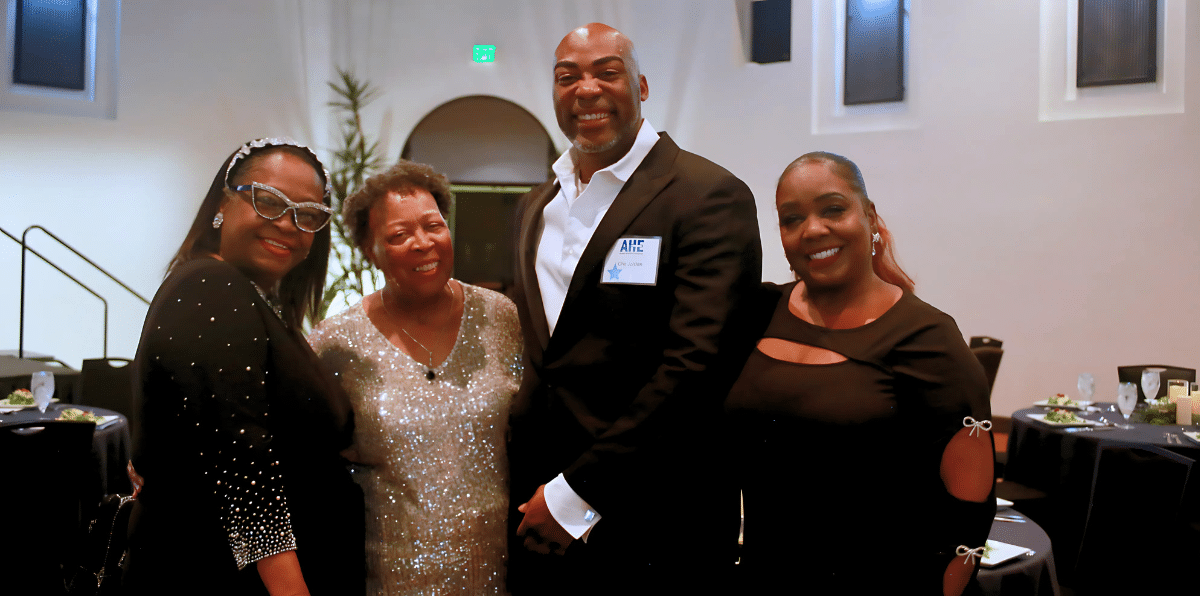Leadership is a multifaceted journey influenced by personal experiences, industry challenges, and individual philosophies. This article explores the leadership insights of three distinct leaders: Timothy “TK” Klund, Patrick Mate, and David Masterson. Their unique approaches offer valuable lessons that can be applied universally, regardless of one’s level, industry, or background.
Timothy “TK” Klund‘s leadership philosophy centers on servant leadership. Inspired by a pivotal conversation with Joe Depento, CEO of 7-Eleven, TK learned that true leadership is about serving those one leads. This shift in perspective transformed his approach, focusing on how he could make his team of 250 great rather than seeing them as working for him. TK’s emphasis on relationships and continuous learning further strengthens his leadership. He believes in the power of adversity, viewing challenges as opportunities to grow and refine his strategies. His approach to delegation involves identifying complementary skills in team members, ensuring that each person excels in their role. This not only empowers his team but also fosters a collaborative and efficient work environment.
Patrick Mate, founder of Patriot Gene Company, highlights the importance of vision casting and flexibility in leadership. For Patrick, a leader’s primary role is to continually cast a vision for the future, even if the details are not fully clear. Establishing waypoints or values provides direction and keeps the team aligned toward the end goal. Patrick’s leadership is also characterized by his ability to adapt his style to different situations. Whether it’s taking a hands-on approach to guide his team through immediate challenges or stepping back to empower and mentor emerging leaders, Patrick’s flexibility ensures that his team remains motivated and focused. His journey from the military to the apparel industry underscores the universal applicability of strong leadership principles, regardless of the industry.
David Masterson‘s leadership philosophy is rooted in a hands-off approach. He believes in giving his employees the freedom to showcase their abilities without micromanagement. This approach fosters a sense of ownership and responsibility among his team members, making them feel like co-owners rather than mere employees. David’s emphasis on humility and continuous learning is central to his leadership style. He values the input and ideas of his team, understanding that leadership is a continuous journey of growth and improvement. By delegating tasks and trusting his team to execute them, David creates an environment where innovation and collaboration thrive.
The insights from TK, Patrick, and David highlight several universal leadership lessons. True leadership is about serving those one leads, focusing on their growth and success. Continually articulating a clear vision and establishing guiding values keeps the team aligned. Adapting one’s leadership style to the needs of the situation and the individuals being led is crucial. Trusting the team with responsibilities and giving them the freedom to excel empowers them. Always being open to feedback and striving to improve one’s leadership skills fosters a culture of continuous learning.
These lessons are applicable to leaders at any level, in any industry, and from any background. By incorporating these principles, leaders can enhance their effectiveness and drive their teams toward success. At Tribe and Purpose, there is a belief in the power of strong leadership to create better organizations and communities. For those looking to further develop their leadership skills and create a lasting impact, explore the resources at https://www.10xYourTeam.net. Together, a legacy of leaders who make a difference can be built.
Published By: Aize Perez














